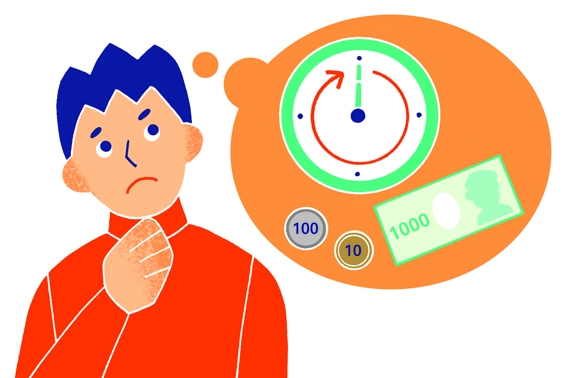Employment contract

Once you find a job, you sign a labor (work) contract with the employer you work for.
The employer must clearly write the following things on the contract for you:
- How long is the contract
- Whether the contract is renewable after completing the term
- Where and what kind of work you do
- The times you work
- Break times and days off
- Whether overtime (working longer than the set hours) is required
- Your salary, payday, and payment method
- Rules for resignation and termination of employee
In addition, the employer must not include the following in the contract:
- How much the employee will pay to the employer when he/she does something different from the contract
- Lending money to the employee and deducting repayments from his/her monthly salary
- Deducting money for company trips, etc. from the employee’s salary without consulting with him/her
Review your contract before starting your new job.
Minimum wage
Wages are the money that workers receive.
“Minimum Wage” is the lowest wage workers receive.
Minimum wages are set by law.
Employers must pay higher wages than it.

The minimum wage in Tokyo is 1,163 yen per hour (as of 2024).
Check if the hourly wage written in the contract is higher than the minimum wage.
When calculating the minimum wage, transportation expenses, commuting allowances (money for trains, etc.), overtime pay, overtime allowances (money for working outside the fixed hours), and bonus pay, etc. are not included.












